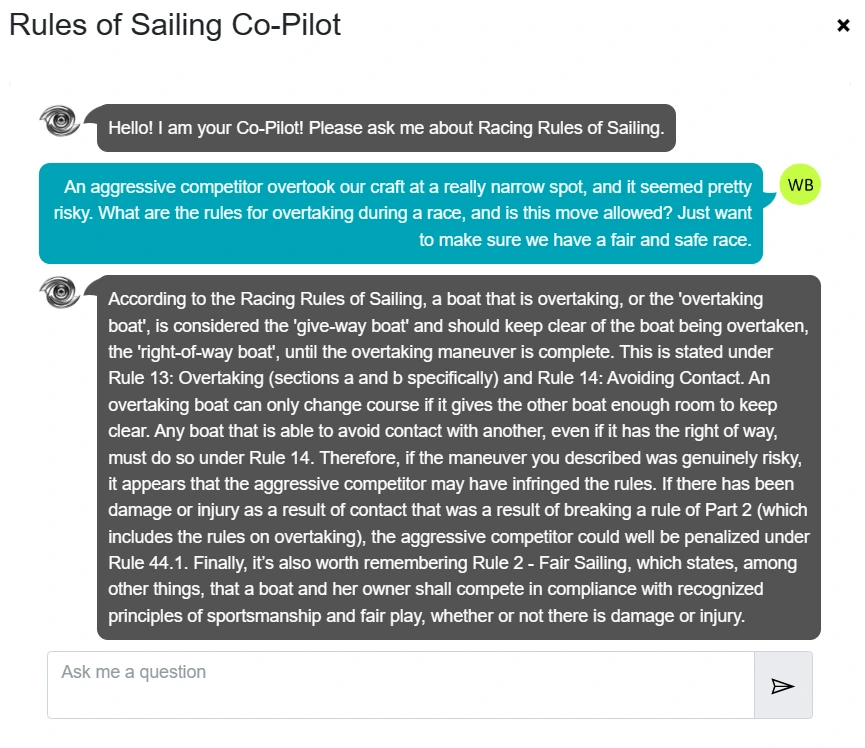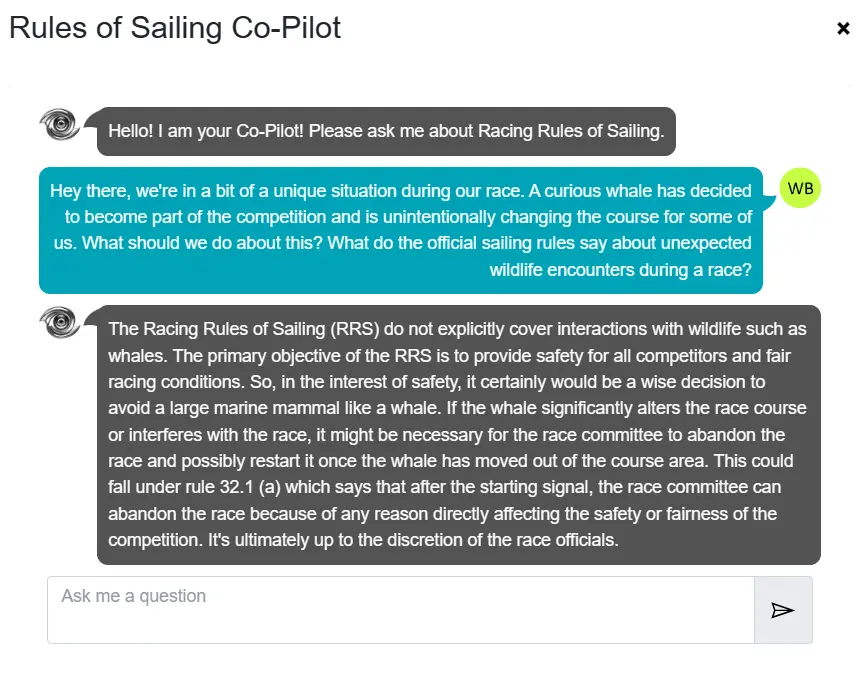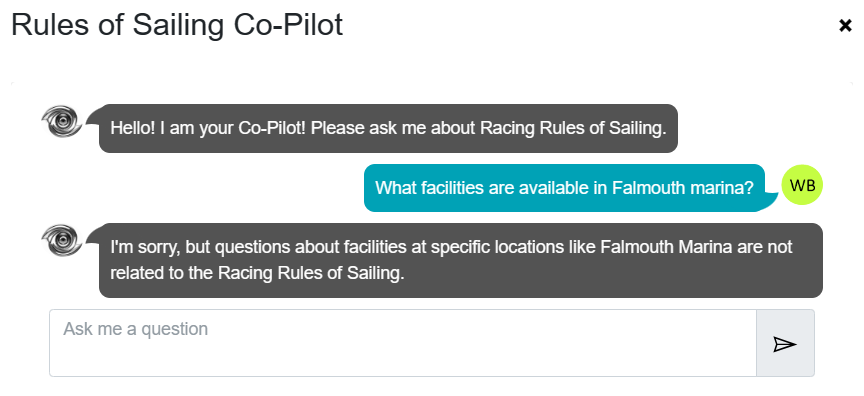Does this sound familiar? A customer visits a web portal seeking information, but gets lost in a maze of pages and documentation.
With increased expectations for information accessibility and search efficiency, it’s no wonder that traditional search can lead to frustration.
Using Copilot, AI-powered search can be integrated into data-driven websites. This enables people to ask questions using natural language and receive contextual responses that directly reference your trusted resources.
In this article, we’ll focus on how Copilot agents improve experiences by delivering concise responses.
How it Works
Copilot in your web portal can provide answers to any questions that are cross-referenced using your predefined knowledge resources.
Integrating Microsoft Azure OpenAI Studio, Azure Cognitive Services, Azure Bot Service, and other Microsoft conversational AI technologies, Copilot avoids the need for intricate configuration of chat bots.
Using Copilot Studio, an agent simply needs to be pointed towards your resources, such as a SharePoint library and any external web resources.
That’s all it takes. No time-consuming training or complex configuration is required.
Once connected, Copilot indexes the available data and is ready to comprehend and respond to user queries conversationally.
Web Portal Example
One of our client portals supports offshore sailing races. These events are governed by the official racing rules of sailing, which competitors frequently need to check.
However, the rules are long, running to more than 150 pages of intricate definitions and appendices. We’ve simplified the experience to check interpretations by embedding an agent bot into an event portal, which responds to queries about these rules.
This allows competitors to quickly query an incident during a race to assess how the race officials might judge by interpreting the official rules.
In the scenario below, a yacht skipper seeks clarification following an overtake manoeuvre.
The Copilot agent bot understands the natural language and quickly responds with contextual results from the official rules, avoiding the need for people to navigate the rules document.
In another scenario, the bot interprets how the official rules might apply in a situation where wildlife is a risk to competitors.
Copilot Says No!
Copilot agent bots operate strictly within the boundaries of the resources it has been trained on.
That means if someone asks a question outside its scope, it knows when to say ‘no’.
Returning to the earlier example, if we ask the same Copilot bot for travel advice, it refuses because it’s only trained on the racing rules of sailing.
This response ensures the integrity of the information relayed and shields users from incorrect or unrelated answers.
Using Copilot Studio, you can develop agents built on responsible AI principles which respect the boundaries of their defined knowledge and resources to ensure accurate and trustworthy information.
Additional Microsoft Copilot Studio Portal Examples
There are numerous examples where Copilot Studio can be used to create agents that answer questions on specific topics.
For instance, in a customer portal an agent bot can trained be using your knowledge articles authored in Dynamics 365, helping clients quickly find solutions.
Within a partner portal a Copilot bot could simplify the complexities of licensing and agreements by answering these questions.
In an employee portal, it could provide contextual responses to queries about organisational policies, benefits, and other internal information.
In each case, Copilot transforms how organisations interact with stakeholders to reduce response times and consistently provide helpful responses, cementing confidence in your web portal.
Next Steps
As the leading Microsoft partner specialising in web portals, we think the emergence of Copilot agent bots are a game-changer for enhancing search and chat experiences in Power Pages and other Microsoft-powered portals.
If you want to explore how an intelligent Copilot bot could benefit your portal and organisation, please get in touch with us to arrange an initial consultation.
Updated: August 14, 2025




